This past year, Gifted Educator, Cory Messenger, was able to attend the NAGC Annual Convention as a recipient of the NAGC’s Javits-Frasier Scholarship. Below he discusses some of his experiences and thoughts on the convention and the scholarship program.
What would you like teachers and parents of gifted students in New Mexico to know about NAGC?
The NAGC community is much larger than I had anticipated. It is filled with some of the most dedicated and passionate people I’ve ever met. I think it would be extremely beneficial for the teachers and parents of gifted students to attend the conference as often as possible. There are many impressive speakers covering a vast range of topics related to gifted education and there’s something for everyone there to learn, no matter how experienced he/she may be. Unfortunately, since gifted education is not federally funded, it can become financially challenging for educators to attend. I was very fortunate to be awarded the scholarship, because it may have been my only chance to attend.
How were you inspired to apply for the Javits-Frasier grant that allowed you to attend the NAGC Annual Convention?
It was my wife’s idea actually. I had been lamenting the fact that I’d probably never be able to afford to go to the conference and she suggested I look for a scholarship. I had never heard of a scholarship of this nature, so while I was skeptical, I took her suggestion. I visited the NAGC website and saw a page dedicated to the Javits-Frasier Scholarship for Diverse Talent Development. As I read the requirements, I couldn’t help but think that I was a perfect applicant.
Who else represented gifted education in New Mexico?
I was the only Javits-Frasier scholar from New Mexico this year. The other scholars came from many areas including Georgia, Illinois, and even Puerto Rico. While I didn’t know many of the people at the conference, I was lucky enough to run into fellow New Mexican, Geoffrey Moon. It was nice to see a familiar face from back home.
Which sessions did you find the most inspirational and motivational?
Jack Andraka was definitely the most inspirational of the sessions I attended. He’s the teenager who developed a new detection method for pancreatic cancer. I remembered reading his story a few years ago and was incredibly excited when I saw his name on the list of keynote speakers. The things this young man has accomplished are truly impressive. His story is a perfect example of what our students can achieve when they have a person in their lives, like Mr. Andraka’s mother, who gives them the opportunity to explore their intellectual passions. I also had the opportunity to meet him after his presentation. He was polite, kind, and even offered to hold a Skype chat with my students. Hopefully, we’ll be able to set that up for the coming school-year.
I also enjoyed the creativity session with Dr. Scott Barry Kaufman. The stories of his school days led me to question the various ways in which gifted students are identified. This man was, as a child, placed in a special education setting due to a learning disability. While he struggled for much of his academic career, he received encouragement from one teacher who saw his potential. His newfound confidence led him to accomplish more than many people ever considered possible. More importantly, his stories demonstrate how vital engagement can be for our students and the development of their creativity. I highly recommend taking the time to listen to some of his online presentations.
What knowledge did you gain at the NAGC conference? How will your new knowledge and experience affect your teaching?
I was lucky enough to attend a pre-conference “Action Lab” at the National Aquarium that focused on Project WET (Water Education for Teachers). I was able to bring back a lot of ideas that will be very beneficial for students who live in an area without much water.
I also attended a session about the decline of female students’ interest in STEM subjects when they enter middle school. The presenters discussed statistics showing that female students typically maintain an interest level in STEM topics that equals that of male students throughout elementary school. However, that interest begins to wane during the middle school years. Since returning from the conference, I am more aware of these students in my classes and encourage them to explore those interests in multiple ways.
What did you learn from your cohort of Javits-Frasier Scholars? Do you all have similar challenges and concerns in your work?
My fellow scholars taught me exactly how much gifted programs can differ and it made me all the more grateful for the program in which I work at Eagle Ridge. We focus on developing individualized projects for our students that allow them to explore their intellectual passions while simultaneously working toward their IEP goals. Some of my fellow scholars described programs in which they are required to teach their gifted students nothing but language arts or solely mathematics and do not have the freedom to help their students explore their individual interests. This is a shame because gifted education should not be just about extra challenges in a student’s area of strength. Gifted education should allow the students opportunities to explore and develop their passions. This is a concept with which most teachers of the gifted are familiar, but too few of us have the necessary flexibilities to make it possible within our gifted curricula. It was very encouraging to receive so much praise for our program at Eagle Ridge.
- Fall 2016 Newsletter - September 5, 2016
- Cory Messenger: Javits-Scholar at NAGC Conference - January 16, 2016
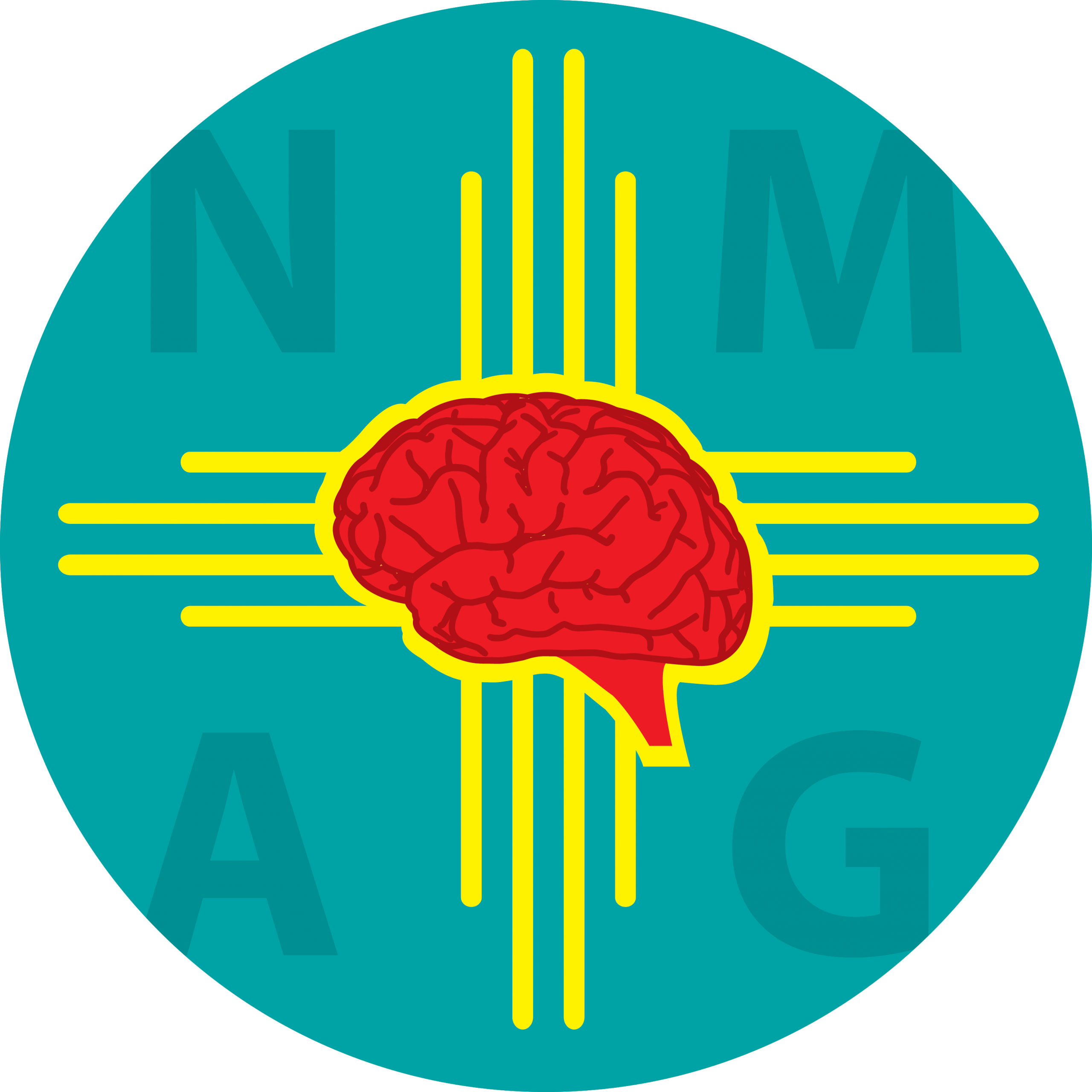
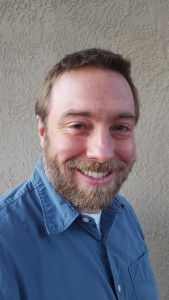
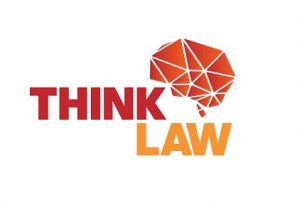
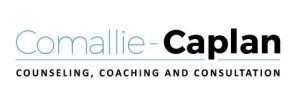
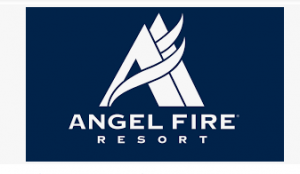
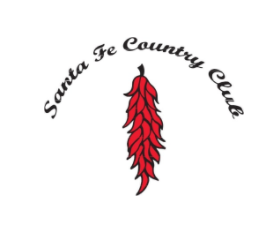
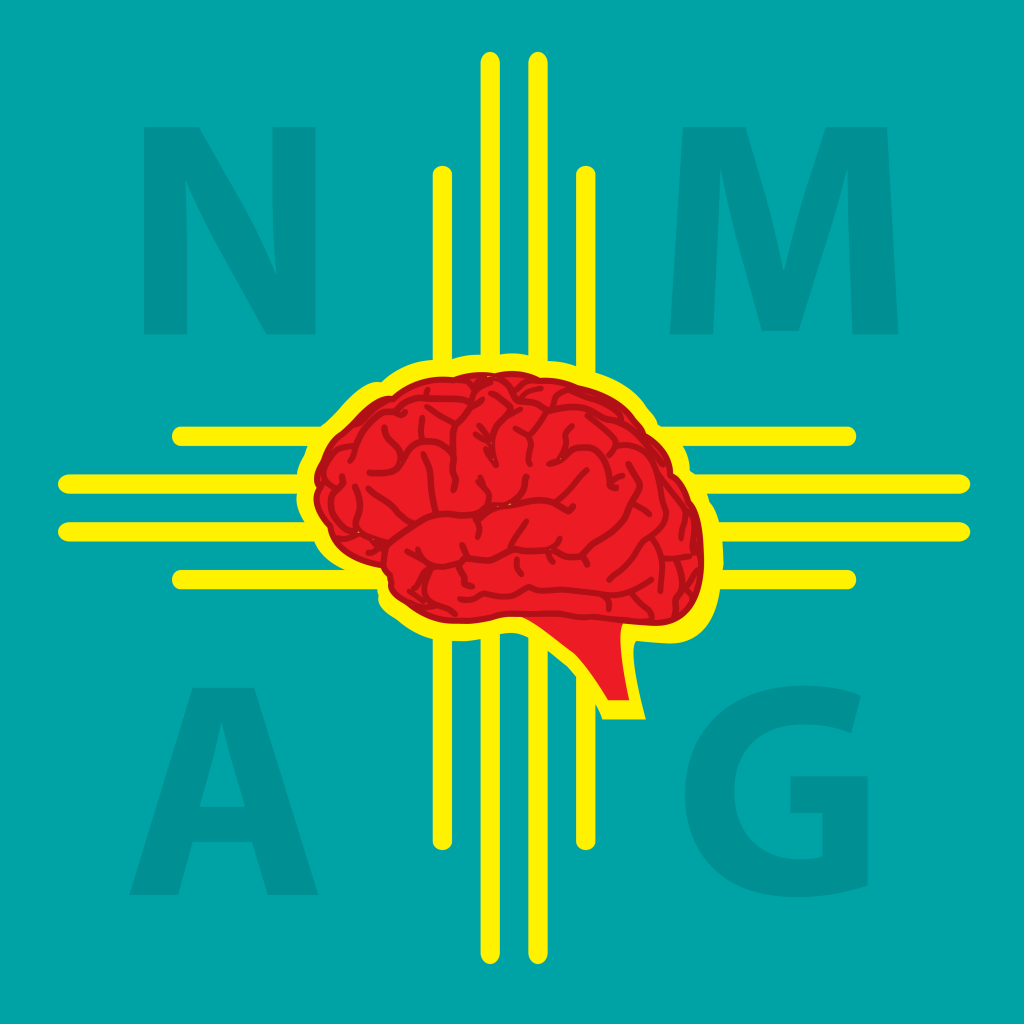
February 6, 2016 at 11:00 am
Way to go Cory! You were one of my son’s gifted teachers and he definitely benefited educationally, thanks to you! I am happy to tell current 5th graders that will be attending ERMS what a great resource they will have.
February 7, 2016 at 5:46 pm
Good for you Cory! I am glad you had this opportunity and represented our state well!